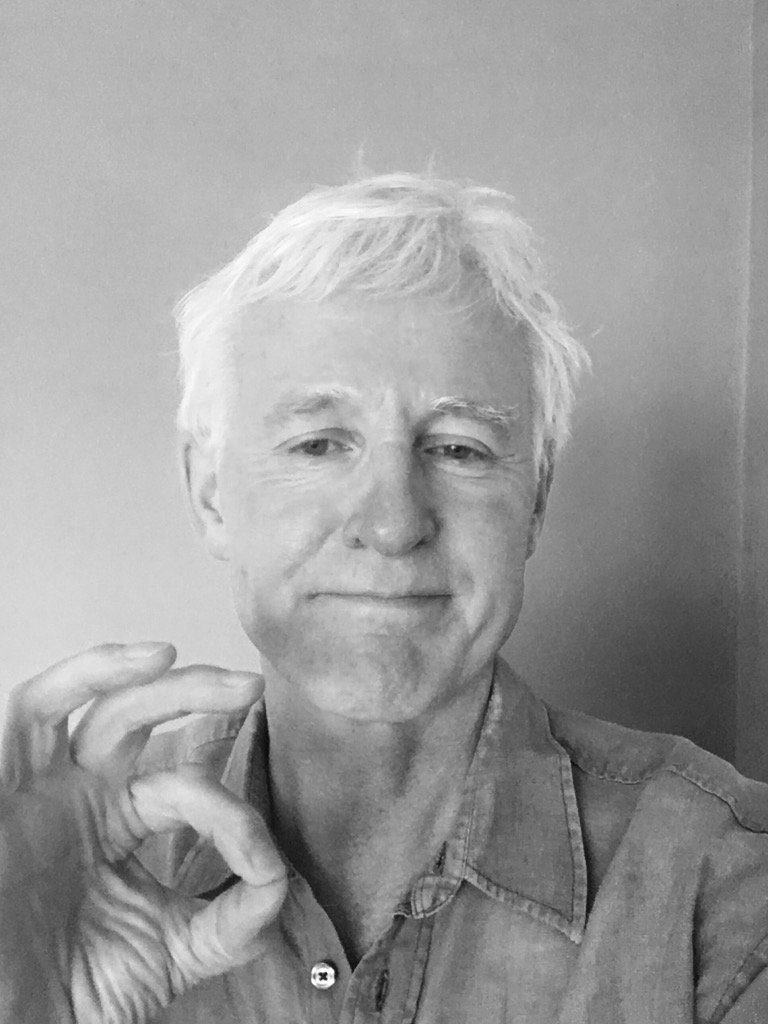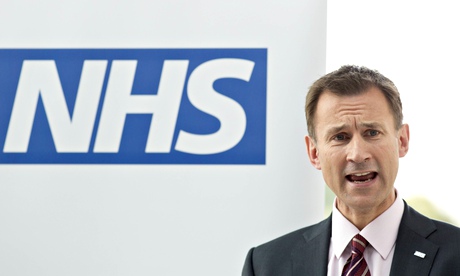Omid, a 54-year-old man who lives and works in London, was diagnosed with multiple system atrophy in 2014, a condition that cannot be cured and affects the nervous system. He has a wife and children but rarely sees them in order to spare them the agony. He attempted suicide in 2015 and was then moved to a nursing home. Even with care and family support, Omid wants to die to relieve his suffering. The alternative is to seek assistance to die abroad, but this will cost £10,000-£14,000, and he can’t afford this.
Omid wants to change the assisted dying law in England and Wales – a courageous and selfless act considering his condition. He wants to help others and to leave a legacy. The current law, although it does not criminalise suicide, forbids helping or encouraging suicide.
Omid argues that the law violates his right to private life, in breach of the Human Rights Act. The law does not allow him, and other competent and informed people in his situation, to choose how and when to die. He wants the high court to declare the law incompatible with the concept of human rights.
Rather than being terminally ill Omid has several years to live in this unbearable condition. Previous, failed attempts to change the assisted dying law, by Lord Falconer and Rob Marris, restricted assisted dying to terminally ill people with six months to live. This is a crucial difference with the current, ongoing Noel Conway case. Omid is asking for a change of the law for those with incurable conditions who may have many years of misery and pain ahead. The passing of an assisted dying law for terminally ill people would not have helped him.
The most recent right-to-die case in the UK involved Tony Nicklinson and Paul Lamb in 2014. A majority of judges (5-4) in the supreme court said that, although the court could make a declaration that the law on assisted dying was incompatible with the concept of human rights, they would allow parliament the opportunity to debate the issue first.
Parliament has recently considered the law on two occasions: in 2013, Lord Falconer’s bill proposed that terminally ill, competent adults should be allowed to request and receive assistance in dying after approval by two doctors. The bill did not have enough time for a full review in parliament, but in any case, would have been too narrow to help Omid who has an incurable, yet non-terminal condition.
Rob Marris’s bill was hastily defeated by the House of Commons on 11 September 2015 by 330 to 118 votes. Many found the debate unimpressive, raising questions as to whether parliament is the right forum for such legally complex and morally charged questions.
The main arguments against Omid’s case are that it will lead to a “slippery slope” (for instance, assisted dying leading to the legalisation of euthanasia) and that it will make weak and vulnerable people susceptible to harm. But there is no evidence from other countries that problems of this sort have occurred. It would not be difficult to devise a system that makes sure that the system is not abused – for example by having two independent doctors certify that the decision is freely made and without pressure from relatives.
The courts have tried to duck out of the responsibility once for not making the decision – they cannot afford to do it again if society is to have confidence in the legal system. The pain and misery this is causing is unbearable for people like Omid. They require and deserve the protection of the courts. The time has come for a change in the law.
• To find out more about Omid’s case, click here
Omid has an incurable condition and wants to die – it’s time the law changed | Saimo Chahal




